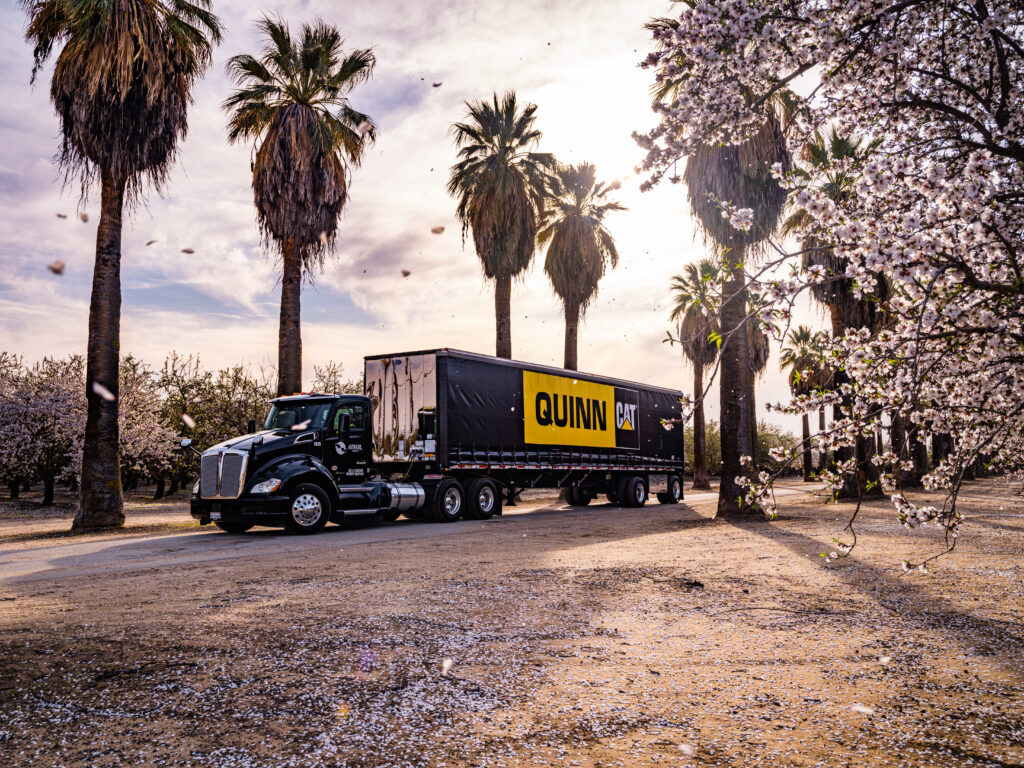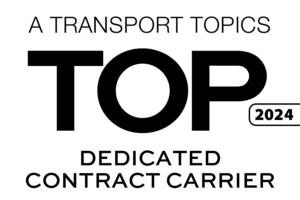
If you’ve ever considered a career in driving commercial vehicles, understanding what a Commercial Driver’s License (CDL) is and how to obtain one is the first step. A CDL opens up many career opportunities, from truck driving for logistics companies to bus driving for public transit. This blog will walk you through the essentials of a CDL, the requirements to obtain one, and the potential career paths it can lead to.
What is a Commercial Driver’s License (CDL)?
A Commercial Driver’s License (CDL) is a special license required to operate large or heavy vehicles, including trucks and buses. It ensures that drivers are qualified to handle the unique challenges of operating these vehicles safely. There are three classes of CDLs:
- Class A: Allows you to operate vehicles with a combined weight of 26,001 pounds or more, including tractor-trailers and large trucks.
- Class B: Permits driving a single vehicle weighing 26,001 pounds or more, such as buses and straight trucks.
- Class C: Enables operation of vehicles designed to transport 16 or more passengers or hazardous materials.
Each class opens the door to different types of driving jobs, providing flexibility and variety in your career.
Requirements for Obtaining a CDL
Before you can get a CDL, there are several requirements you’ll need to meet. These prerequisites ensure that drivers are fit, responsible, and capable of handling commercial vehicles safely. Meeting these standards helps everyone maintain safety on the roads.
- Age and Residency: You must be at least 18 (21 for interstate driving) and have a valid driver’s license.
- Medical Examination: You’ll need a Medical Examiner’s Certificate to ensure you meet health and fitness standards.
- Driving Record: A clean driving record is essential. Background checks will be conducted to ensure you meet the safety standards.
Steps to Get a CDL
Obtaining a CDL involves several steps designed to ensure you are well-prepared and qualified to operate a commercial vehicle. This process helps you gain the knowledge and skills necessary for the job. Here’s a breakdown of what you need to do:
- Get a Commercial Learner’s Permit (CLP). To start, you need to obtain a Commercial Learner’s Permit (CLP). This involves passing a written knowledge test that covers general CDL information, air brakes, and combination vehicles. Studying your state’s CDL manual and taking practice tests can help you prepare.
- Practice Driving with a CLP Once you have your CLP, it’s time to gain hands-on experience. You’ll need to practice driving the vehicle you plan to operate. Consider enrolling in a driving school or training program to get professional guidance.
- Take the CDL Skills Test The final step is passing the CDL skills test, which includes three parts:
- Pre-trip Inspection: Demonstrate your ability to check your vehicle to ensure it’s safe to operate.
- Basic Controls Test: Show your skills in basic maneuvers such as backing up, parallel parking, and turning.
- Road Test: Prove your ability to drive safely in various traffic situations.
Career Opportunities for CDL Holders
Once you have your CDL, many career opportunities become available. These roles are essential to many industries and offer stability and growth potential. With a CDL, you can explore diverse job roles that match your interests and lifestyle.
- Truck Driver: Transport goods for logistics companies, with long-haul and local routes opportunities.
- Bus Driver: Drive for public transit systems, schools, or private companies.
- Delivery Driver: Work for companies that deliver large goods like furniture or appliances.
- Specialized Roles: Obtain endorsements for hazardous materials (HAZMAT), tankers, or passenger vehicles to expand your job prospects further.
Benefits of Having a CDL
Earning a CDL comes with numerous benefits that make it a worthwhile investment for your career. From job security to potential earnings, here’s why a CDL can be advantageous: The skills and qualifications you gain with a CDL can open doors to long-term and rewarding employment opportunities.
- Job Security: A high demand for CDL holders ensures a stable job market.
- Higher Earnings: CDL drivers often earn more than non-CDL drivers, with opportunities for overtime and bonuses.
- Flexibility and Variety: You can choose from various driving roles and industries.
- Travel Opportunities: Enjoy the freedom of the open road and explore new places.
Tips for Career Success
There are several key points to remember to increase your chances of success in obtaining and maintaining a CDL. Preparation and continuous learning are crucial: Staying informed and prepared will help you excel in your career as a commercial driver.
- Study and Prepare: Prepare for the written and skills tests using study guides, practice tests, and CDL manuals.
- Maintain a Clean Record: A clean driving record is crucial for securing and keeping a job.
- Continue Learning: Additional endorsements and ongoing education can enhance your career and earning potential.
A CDL is more than just a license—it’s a path to numerous career opportunities and benefits. Whether you aim to drive long-haul trucks, public buses, or specialized vehicles, obtaining a CDL is the first step toward a rewarding career. If you have any questions about carpet installation or are looking for career opportunities in this field, contact ATECH Logistics & Distribution.

